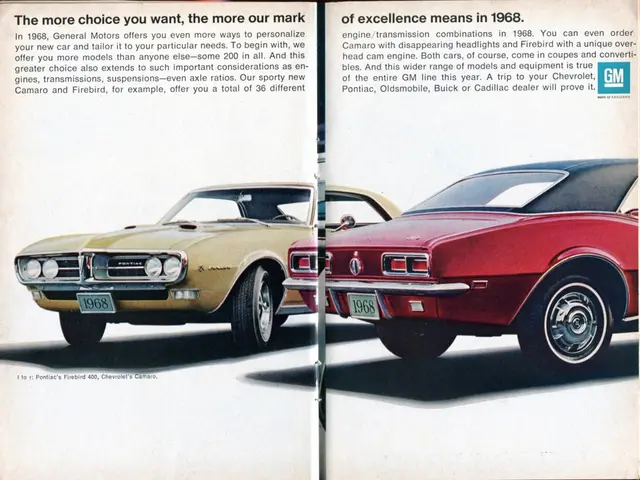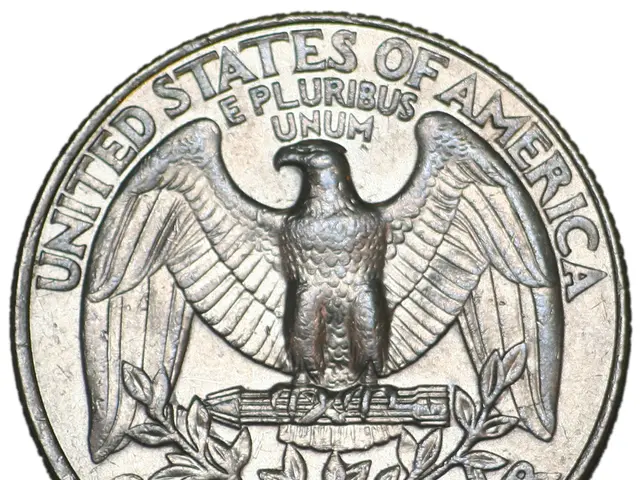Guide to Winston Churchill's Leadership and Lasting Impact
Winston "Bulldog" Churchill, a name that echoes through history amidst tales of resilience and inspiring leadership, is more than just a beacon of hope during dark times. Born into privilege, he forged his own path, shaping not only British history but global events as well.
Born as an aristocrat in 1874, Churchill's parental relationship was distant, a common pattern in British high society at the time. This upbringing likely fostered his self-reliant and assertive character. His early years saw him embark on military and journalistic adventures that spanned the British Empire - from Cuba to South Africa. It was during the South African Boer War that he earned notoriety by escaping from a POW camp, solidifying his status as a household name.
His political journey began within the Conservative Party, but he famously switched to the Liberal Party due to disagreements regarding free trade, marking the first of several party switches. Over time, he held prominent government positions, such as First Lord of the Admiralty, where he modernized the British Navy.
When the world plunged into World War II, Churchill ascended to the role of Prime Minister. Standing on the brink of defeat against Nazi Germany, his unyielding spirit and powerful rhetoric played a crucial role in rallying the nation. Quotes like "We shall fight on the beaches" and "Their finest hour" epitomized the British spirit of defiance and perseverance.
Churchill's leadership style was characterized by his willingness to take risks and ability to inspire others. His robust stances were not universally popular within his party or Allied leadership. Controversial strategic decisions, such as the bombings of German cities and focusing on Mediterranean and North African campaigns, were often debated. Yet, his partnership with leaders like Roosevelt and Stalin was vital in coordinating the war against the Axis powers.
Post-war, Churchill was ousted from office in the 1945 general election, demonstrating the harsh realities of democratic politics. During his post-war period, he contributed to the early stages of Cold War discourse and made significant strides in rebuilding Britain's economy. Despite his declining health, he continued to impact the world until his retirement and passing in 1965.
Churchill's legacy is a complex tapestry of triumphs and controversies. As a symbol of courage and determination, he is celebrated for his role during World War II, the rhetorical brilliance of his speeches, and the historical value of his writings. However, his legacies also include aspects of controversy, such as his role in the Bengal Famine, his sometimes-imperialistic views, and attitudes toward various ethnic groups. These aspects provocatively re-evaluate his life and career, emphasizing the multi-dimensional nature of historical figures.
Churchill's impact extends beyond the accomplishments of his political reign. His ability to articulate visions of freedom and resistance in the face of tyranny has made him an enduring emblem of leadership in crises. Examining his life echoes a conversation about leadership, morality, and the indomitable human spirit, resonating not only among history enthusiasts but also in our contemporary era.
In politics, Churchill was not only a war-time leader but also a keen observer and participant in political theory and practice. He advocated for various policies that molded 20th-century Britain, with parliamentary democracy and the rule of law in the forefront. Churchill was a proponent of British imperialism, viewing the empire as a civilizing force, but his beliefs evolved over time, particularly with the emergence of self-determination post-World War II.
His cultural footprint stretches beyond politics and military strategies. A prolific writer, he penned numerous books, articles, and speeches, many of which still resonate today. Notable works include his historical series "The Second World War," which won him the Nobel Prize in Literature in 1953. Moreover, his oratory skills inspired the British people and helped shape public memory and identity.
However, Churchill's career was marked by several controversies. Early setbacks include the Gallipoli Campaign, lasting political scars from his handling of strikes and industrial unrest, and opposition to women's suffrage. His policies during the Bengal Famine and his racial views also invite critical re-examination of his legacy.
Churchill's life offers contemporary lessons about leadership, resilience, adaptability, and the complexities inherent in power and responsibilities. His leadership style and the inherent ethical dilemmas presented during the war challenge us to explore the nuances of leadership and the impact they have during crises.
In studying Churchill, we gain a deeper understanding of history's figures and the perennial challenges of leadership, ethics, and national identity. His life encourages ongoing dialogue about the values we champion and the leaders we choose to guide us through crises and calm alike.
Enrichment Data:Winston Churchill's political career was marked by several controversies and criticisms, reflecting both his actions and the shifting political landscape of the time. Key points include:
- Class Perception and Liberal Shift: Early in his career, Churchill was criticized for his shift from the Conservative Party to the Liberals, seen as a betrayal of his class. This move was part of his emerging liberal policies aimed at promoting labor reforms like minimum wages and labor exchanges.
- Handling of Strikes and Industrial Unrest: Churchill faced criticism for his handling of industrial unrest and violent strikes, particularly during his tenure as Home Secretary. His sometimes overeager attempts at maintaining order sometimes veered beyond the bounds of his role.
- Opposition to Votes for Women: Churchill opposed women's suffrage, a divisive issue during his time. This stance placed him at odds with progressive movements advocating for equal rights.
- The Dardanelles Campaign: Churchill's leadership during World War I, particularly the disastrous Dardanelles campaign, led to his temporary exit from high office. The failure was perceived as a significant blunder in his military and political career.
- Post-WWII Electoral Campaigning: Churchill's campaign style was criticized for being overly dramatic and alarmist in the post-war era. Focusing on the supposed dangers of socialism rather than addressing the needs of the era, his tactics were less effective in resonating with the public's desire for social reform.
- European Convention on Human Rights: Churchill was not directly involved in its creation but has been part of ongoing debates surrounding British involvement in the European Convention on Human Rights. Intended to protect core rights against totalitarianism, the document has evolved beyond its original scope, leading to political debates in later years.
These controversies underscore the complex and controversial nature of Churchill's political career. His actions, policies, and personal choices invited both admiration and criticism during his lifetime and continue to shape contemporary discussions about his legacy.
- Despite his celebrated leadership during World War II, Winston Churchill's political career was marred by several controversies, one of which being his shift from the conservative to liberal party, perceived as a betrayal of his class.
- His handling of industrial unrest and violent strikes during his tenure as Home Secretary was another point of criticism, with some claiming his overzealous attempts at maintaining order crossed the boundaries of his role.
- Churchill's opposition to women's suffrage also invited intense criticism, as he stood against progressive movements advocating for equal rights.
- Churchill's leadership during the Dardanelles campaign in World War I was met with significant criticism, leading to a temporary exit from high office.
- In post-war elections, Churchill's campaigning style was often criticized as overly dramatic and alarmist, with a focus on the supposed dangers of socialism rather than addressing the public's desire for social reform.
- Controversies surrounding Churchill's role in the European Convention on Human Rights continue to influence discussions about his legacy, as the document has evolved beyond its original scope, leading to ongoing political debates.




